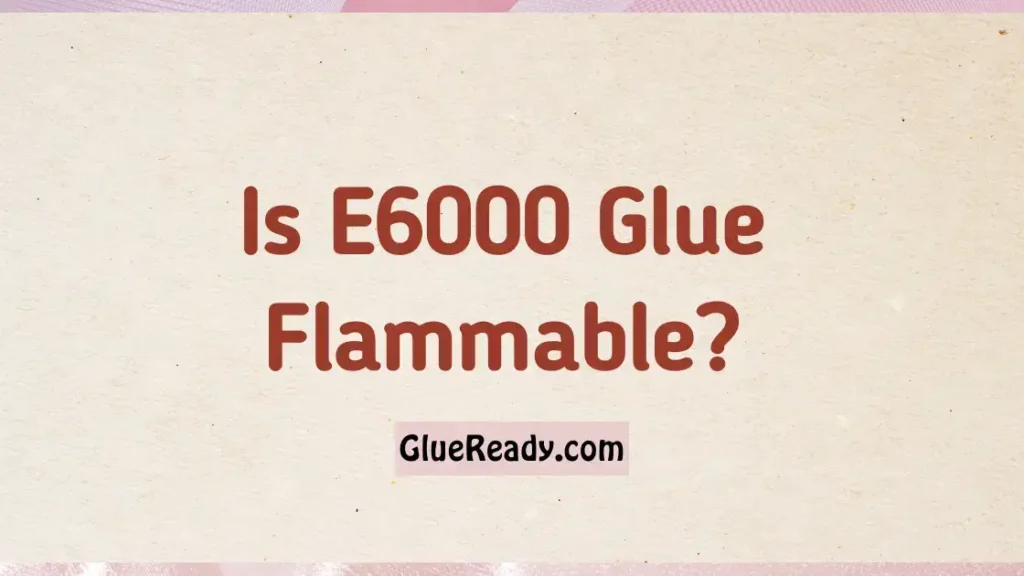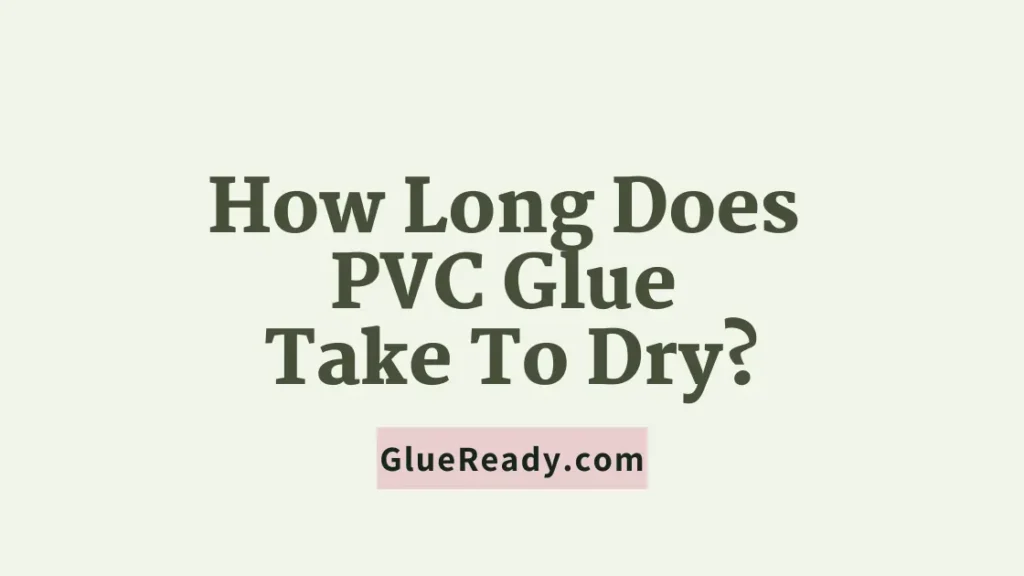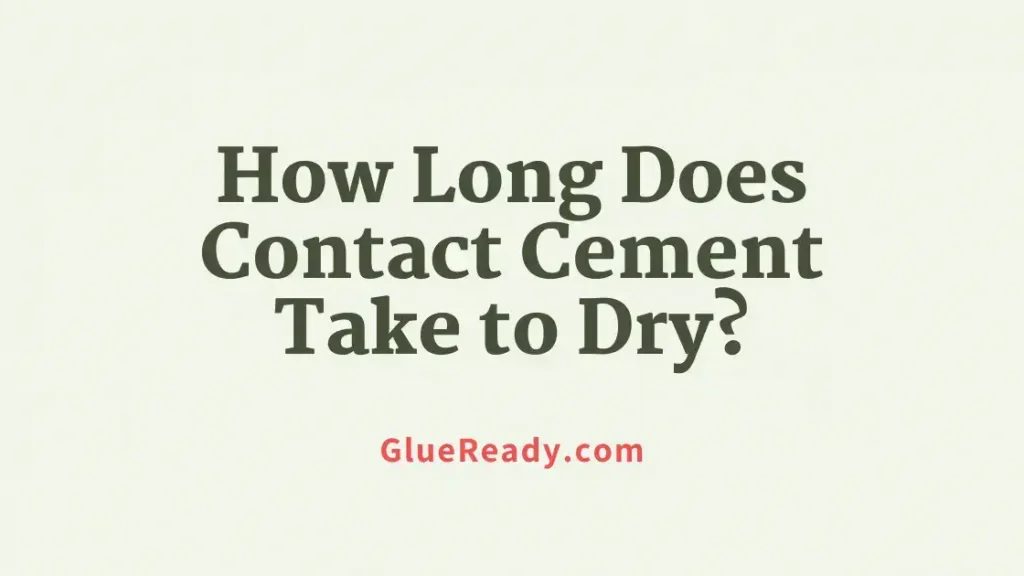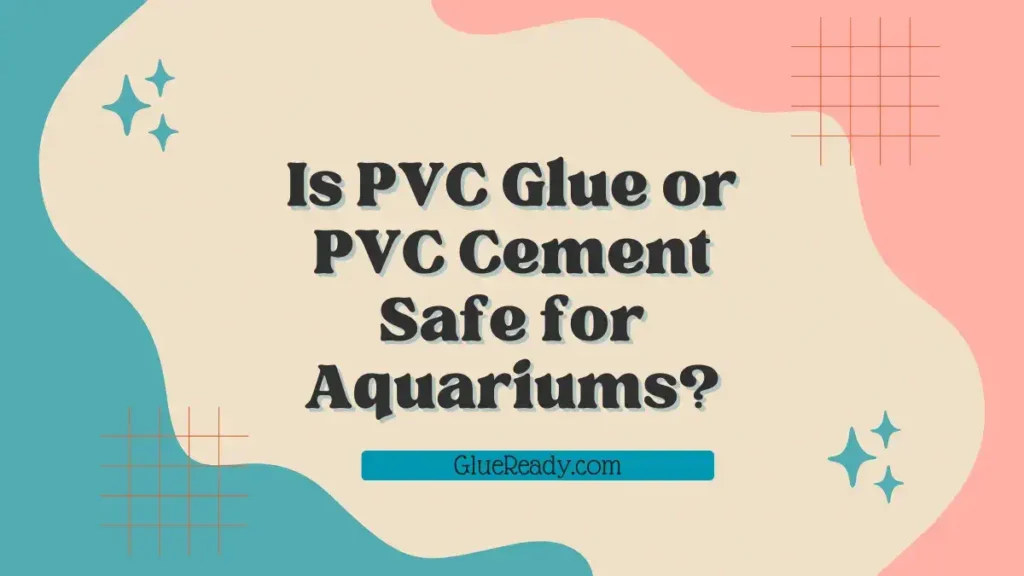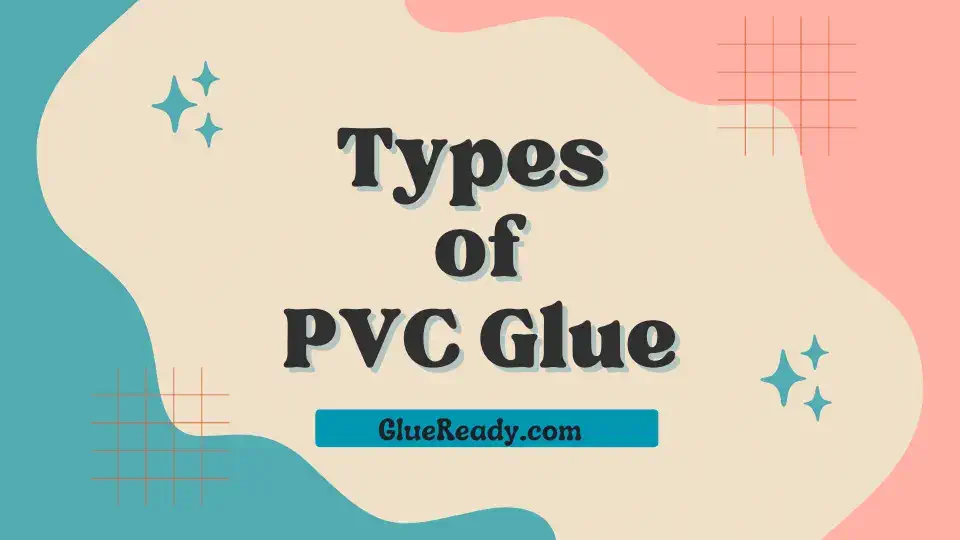Is Contact Cement Waterproof?
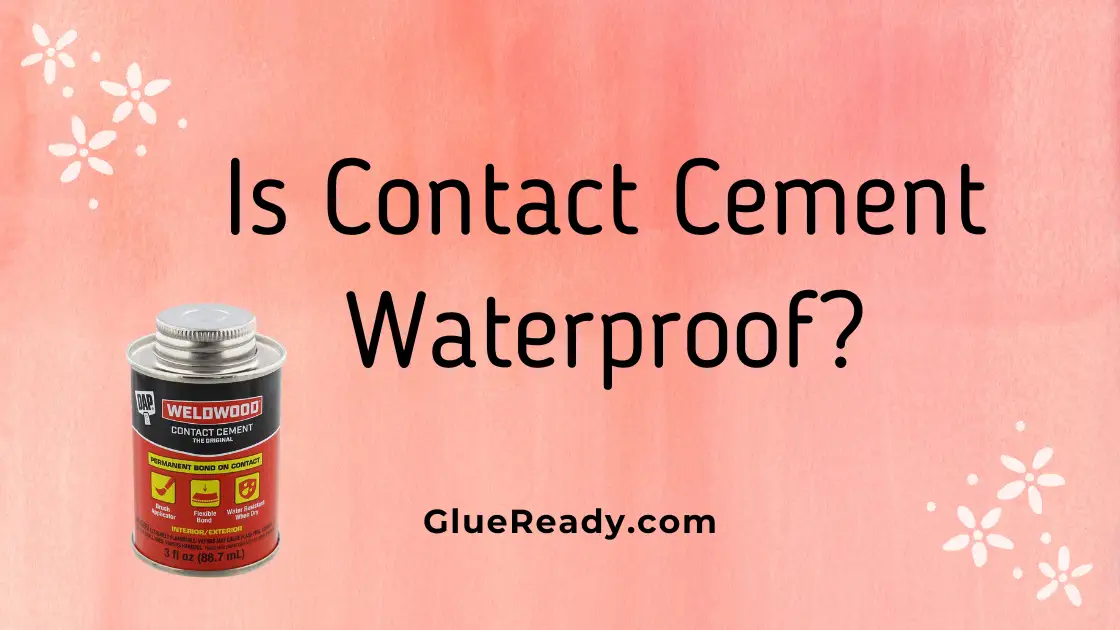
Contact cement is a popular adhesive that can be used for a variety of projects, from repairing furniture to making crafts.
But how well does it hold up against water? Is contact cement waterproof, or will it fail when exposed to moisture?
In this article, I will answer these questions and provide some tips on how to use contact cement effectively.
Read More: Rubber Cement vs Contact Cement
Understanding Contact Cement
Contact cement is a type of glue that bonds two surfaces together by creating a permanent bond.
It is made of resins and solvents, and it can be brushed on, rolled on, or sprayed on.
Contact cement works by evaporating the solvents and leaving behind a thin layer of adhesive on each surface.
When the two surfaces are pressed together, they form an instant and strong bond that is resistant to heat, cold, and vibration.
You can use contact cement on a variety of materials, including metal, plastic, wood, leather, and rubber.
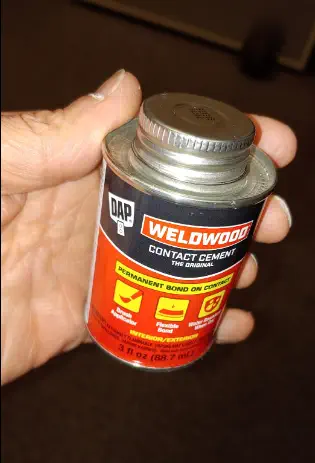
Benefits of Using Contact Cement
Contact cement has many advantages over other types of adhesives, such as:
- It creates a permanent bond that is hard to break or separate.
- It can be used on a wide range of materials and surfaces.
- It is resistant to heat, cold, and vibration.
- It is resistant to most chemicals and solvents.
- It does not require clamping or curing time.
- It allows for precise alignment and positioning of the surfaces.
Risks of Using Contact Cement
Contact cement also has some drawbacks and risks that you should be aware of before using it, such as:
- It is not waterproof and can fail when exposed to water or moisture.
- It forms an instant bond that cannot be adjusted or corrected once the surfaces are joined.
- It is often messy and difficult to clean up afterward.
- The fumes and vapors it emits can irritate your eyes, skin, and lungs.
- It can be flammable and explosive if not handled properly.
Is Contact Cement Waterproof?
The answer to this question depends on the type and quality of contact cement you are using, as well as the amount and duration of water exposure.
Generally speaking, contact cement is water-resistant but not waterproof.
This means that it is able to withstand some water exposure, such as light rain or humidity, but it will not be effective if it is submerged in water or exposed to heavy amounts of water for a long time.
Water can weaken the bond of contact cement and cause it to peel off or crack.
Therefore, contact cement is not recommended for applications where it will be in direct contact with water or moisture.
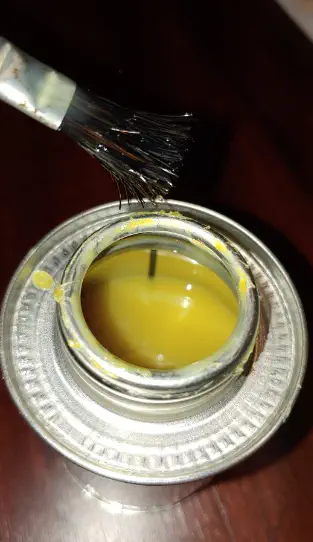
How To Waterproof Contact Cement?
If you need to improve the water-resistance of contact cement, there are some steps you can take to protect it from water damage.
One option is to use a clear sealant or waterproofing spray over the dried contact cement.
It’ll create a protective layer that will prevent water from penetrating the adhesive and damaging the bond.
Another option is to use a water-resistant contact cement that is specially formulated to withstand water exposure.
For example, Weldwood Nonflammable Contact Cement is a powerful glue that contains high-solids polychloroprene and water. It is water resistant when dry and performs better than industry standards.
Read More: Contact Cement vs Contact Adhesive
How To Use Contact Cement Safely and Effectively?
To use contact cement safely and effectively, you should follow these tips:
- Read and follow the instructions and warnings on the product label carefully.
- Work in a well-ventilated area and wear protective gloves, goggles, and a mask.
- Clean and dry both surfaces before applying the adhesive.
- Apply a thin and even layer of contact cement to both surfaces and let it dry until it is no longer tacky to the touch.
- Align the two surfaces carefully and press them together firmly.
- Wipe off any excess glue with a damp cloth or solvent.
- Store the contact cement in a cool and dry place away from heat sources and flames.
Frequently Asked Questions (FAQs)
Is Contact Cement Water Resistant?
Contact cement is water resistant when dry, but it is not completely waterproof. It is capable of surviving light exposure to water, but may fail if submerged in water.
Is Contact Cement Glue Waterproof?
Contact cement glue is not waterproof. It is water resistant when dry, but it may fail if exposed to heavy amounts of water.
Is Contact Cement Permanent?
Yes, contact cement is permanent. It creates a fast, flexible, and strong bond that cannot be separated or adjusted once the two surfaces are pressed together.
Is Lepage Contact Cement Waterproof?
Lepage Contact Cement is not waterproof. It is water resistant when dry, but it may fail if exposed to heavy amounts of water.
Is Weldwood Contact Cement Waterproof?
Weldwood Contact Cement is not waterproof. It is water resistant when dry, but it may fail if exposed to heavy amounts of water.
Final Thoughts
In conclusion, while contact cement possesses some level of water resistance, it cannot be considered fully waterproof, especially in situations involving prolonged or extensive water exposure.
The extent of its water resistance depends on factors such as formulation, application, and the materials being bonded.
Before using contact cement in areas where water is a concern, it is wise to assess its performance through testing and consider alternative adhesives for projects that demand a higher degree of waterproofing.
As you have come to the end of the article, I hope now you get your answer to the question, “Is Contact Cement Waterproof or Not?”

